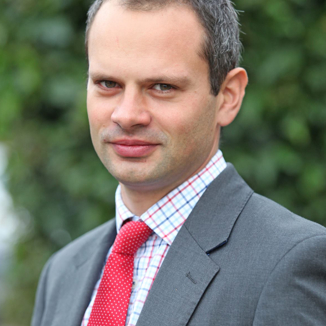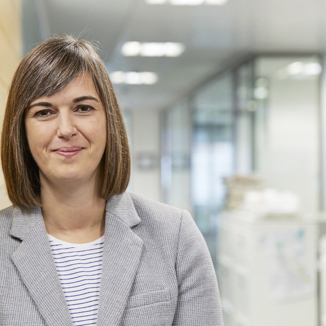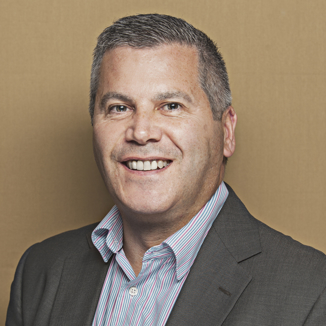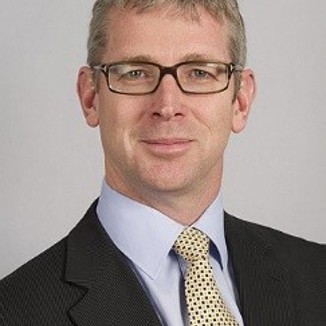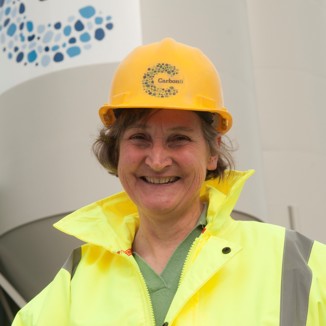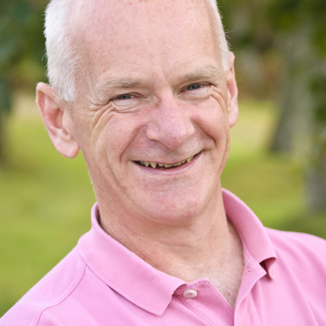With decarbonisation across all sectors of the UK economy taking centre stage throughout the 2020’s, meeting carbon emission targets and supporting the development of clean technologies have become the building blocks to Britain’s low carbon future. The UK Low Carbon Economy Summit will determine strategies for establishing a high growth low carbon economy through the transport and energy intensive industries in-line with the UK Government’s Clean Growth Strategy. Bringing together low carbon policy makers, industry and innovators, the two-day summit will address approaches for improving efficiency across business, industry & transport, and enabling the shift toward a low carbon economy.


